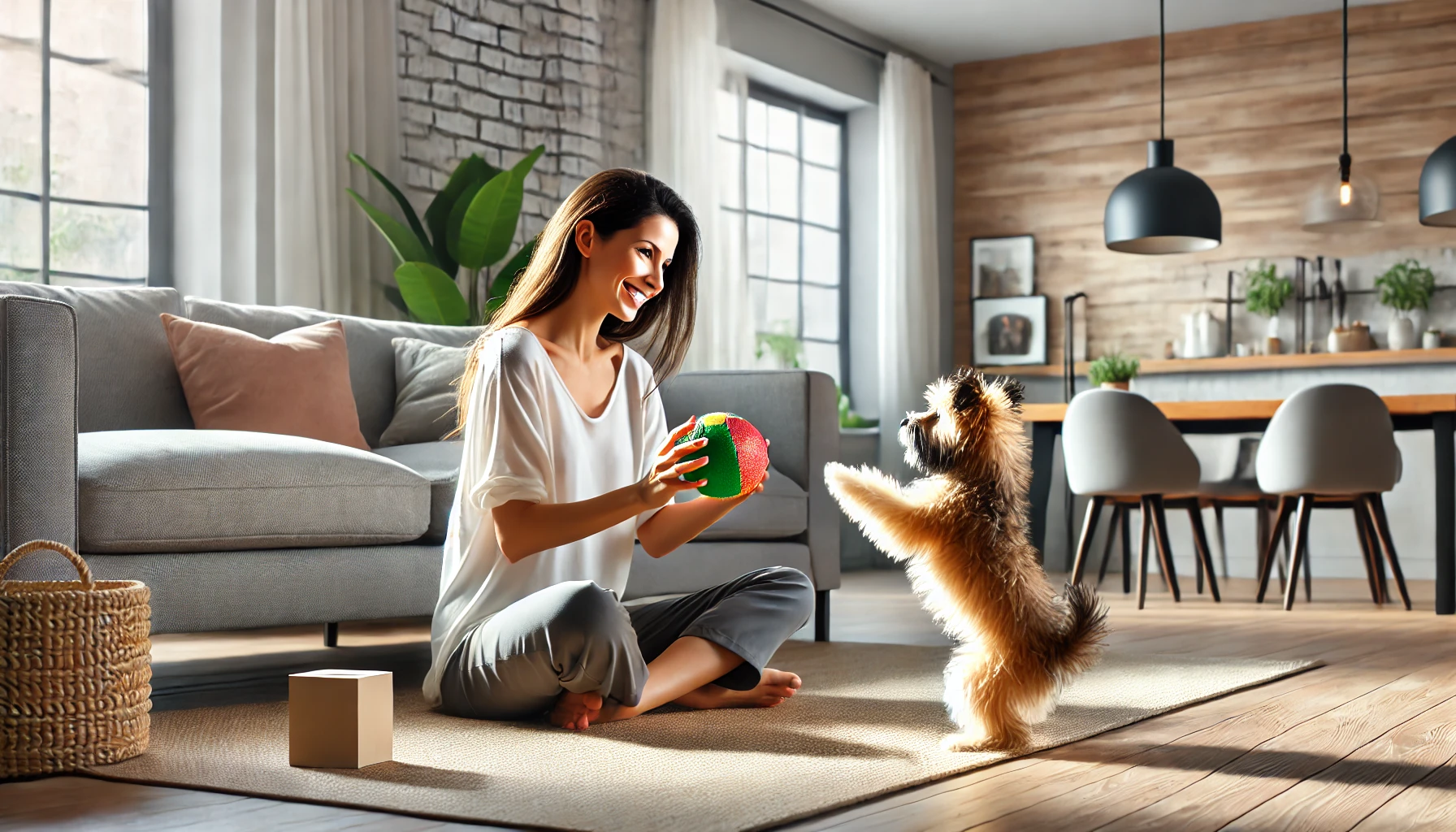Check out this answer from Consensus:
House training your puppy is a vital part of their early development and your relationship with them. By following the dos and don’ts, utilizing effective tips, and being aware of common challenges, you can ensure a smoother and more successful house training experience. Remember, patience and consistency are key to helping your puppy learn and grow into a well-behaved adult dog.
House training a puppy is a crucial step in ensuring a harmonious relationship between you and your new furry friend. This process requires patience, consistency, and understanding of your puppy’s needs. Here, we outline the dos and don’ts, provide useful tips, and discuss common challenges you might face during house training.
Dos & Don’ts
Dos
- Start Early: Begin house training as soon as you bring your puppy home. The early socialization period (3-12 weeks) is critical for their development1.
- Consistent Schedule: Establish a regular feeding and potty schedule. Take your puppy out first thing in the morning, after meals, and before bedtime.
- Positive Reinforcement: Reward your puppy with treats and praise immediately after they eliminate outside. This helps them associate the behavior with positive outcomes2.
- Supervision: Keep a close eye on your puppy indoors. Use a leash or baby gates to limit their access to areas where accidents might happen.
- Designated Potty Area: Take your puppy to the same spot each time. The familiar scent will encourage them to go there again.
Don’ts
- Punish Accidents: Avoid scolding or punishing your puppy for accidents. This can create fear and anxiety, making house training more difficult2.
- Inconsistent Training: Inconsistency can confuse your puppy. Stick to the same commands and routines.
- Long Gaps Between Breaks: Young puppies have small bladders and need frequent potty breaks. Don’t wait too long between trips outside.
Tips for Successful House Training
Pre-Adoption Counseling
Pre-adoption counseling can significantly improve house training success. A study found that owners who received brief counseling on house training were more successful and used better techniques, such as enzymatic cleaners for accidents and less verbal punishment2. This highlights the importance of educating new pet owners on effective house training methods.
Use of Enzymatic Cleaners
Accidents are inevitable during the house training process. Using enzymatic cleaners to clean urine or feces-soiled areas can prevent your puppy from returning to the same spot, as these cleaners break down the odor-causing bacteria2.
Gradual Exposure to Challenges
Introducing your puppy to small challenges during the early socialization period can help them cope better with stressful stimuli later in life. This includes exposure to novel objects, noises, and problem-solving tasks. Puppies exposed to these challenges were found to be bolder and more resilient1.
Common Challenges
Inconsistent Training
One of the biggest challenges in house training is inconsistency. If different family members use different commands or schedules, it can confuse the puppy and slow down the training process. Ensure everyone in the household is on the same page.
Fear and Anxiety
Puppies may develop fear or anxiety if they are punished for accidents. This can lead to more frequent accidents and a longer training period. Focus on positive reinforcement and patience2.
Long-Term Training
While early training is crucial, it’s important to continue reinforcing good behavior as your puppy grows. The benefits of early socialization and training may not last if not consistently reinforced over time1.
